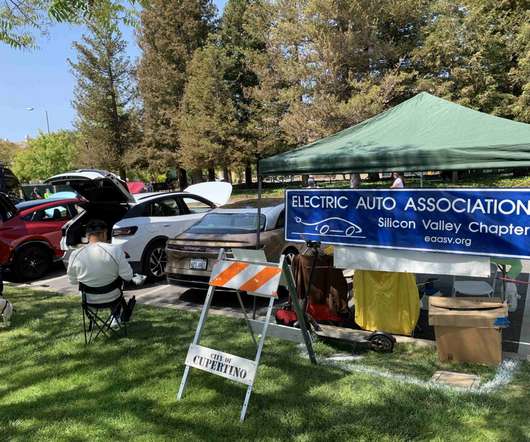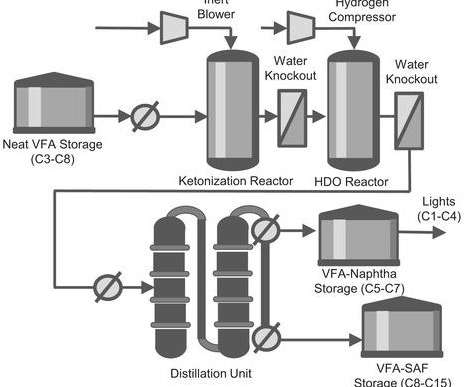UC Davis process produces gasoline-range hydrocarbons from biomass-derived levulinic acid; field-to-tank yield of >60% claimed
Green Car Congress
FEBRUARY 4, 2014
Researchers at the University of California, Davis have developed a process for the production of branched C 7 –C 10 hydrocarbons in the gasoline volatility range from biomass-derived levulinic acid with good yield, operating under relatively mild conditions, with short reaction times. barrels of oil (117.6 gallons US). 201308143.




























Let's personalize your content